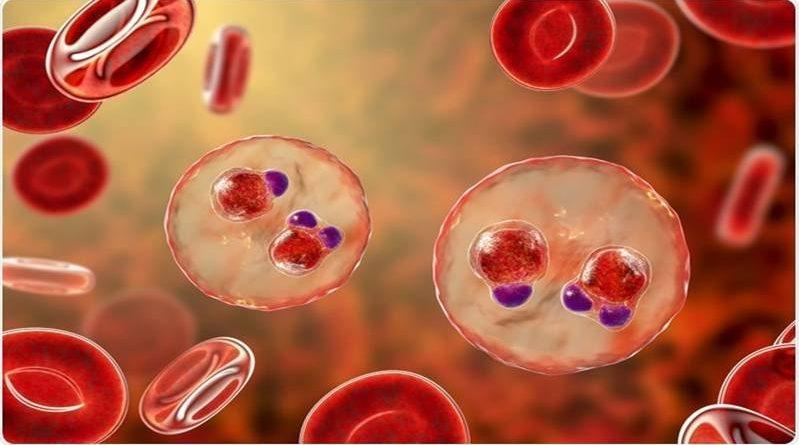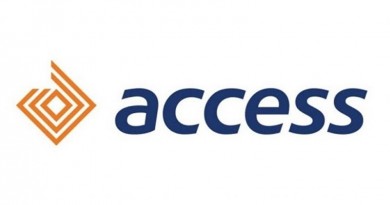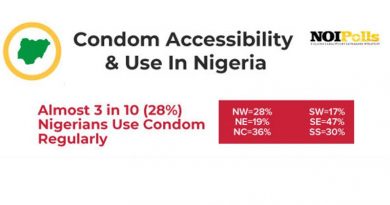Good News: Malaria Vaccine is coming
BioNTech SE announced the start of its Malaria project which aims at the development of a safe and highly effective malaria vaccine and the implementation of sustainable vaccine supply solutions on the African continent. The company’s project is part of a programme by the kENUP Foundation to accelerating the eradication of Malaria. This goal was out of reach so far, despite enormous financial and public health efforts of the global community. The scientific and entrepreneurial progress made during the COVID-19 pandemic raise hopes that a highly efficacious vaccine could soon help to eradicate Malaria.
BioNTech aims to develop a safe and highly effective mRNA vaccine with durable protective immunity for prevention of malaria and disease associated mortality. To this end, BioNTech will assess multiple vaccine candidates featuring known Malaria targets such as the circumsporozoite protein (CSP), as well as new antigens discovered in the pre-clinical research phase. The most promising mRNA vaccine candidates will be selected for clinical development. The start of the clinical trial for the first vaccine candidate is planned for 2022.
Manufacturing in Africa
In addition, BioNTech is dedicated to the development of sustainable vaccine production and supply solutions on the African continent. BioNTech plans to co-locate its African manufacturing capabilities with the technology transfer hubs under development by WHO,in alignment with the African manufacturing strategy convened and promoted by theAfrica CDC. Those initiatives aim at expanding the capacity of low- and middle-income countries (LMICs) to manufacture contemporary vaccines end-to-end, and scale up production to increase global access to these critical tools to bring current and future pandemics under control.
Initiated by the kENUP Foundation’s eradicateMalaria initiative, under the joint convening power of WHO and the Africa CDC, and supporting Team Europe’s Sustainable Healthcare Industry for Resilience in Africa (SHIRA) initiative, BioNTech will evaluate how to establish sustainable mRNA manufacturing capabilities on the African continent to supply African countries with vaccines.
This project is an extension of BioNTech’s COVID-19 vaccine efforts. Building on two decades of mRNA research and its clinical stage mRNA platform, BioNTech has co-developed the first mRNA-based COVID-19 vaccine together with its partner Pfizer. BioNTech and Pfizer pledged to deliver two billion doses of their COVID-19 vaccine to middle- and low-income countries over the next 18 months. One billion doses are planned to be provided in 2021. Doses to eligible countries will be provided at a not-for-profit price.
On July 21, BioNTech and Pfizer announced a joint manufacturing project with the Biovac Institute (Pty) Ltd a Cape Town-based, South African biopharmaceutical company, to fill & finish the Pfizer-BioNTech COVID-19 vaccine for distribution within the African Union, with additional investments in upstream manufacturing to follow from BioNTech in due time.
Established mRNA vaccine manufacturing capacities in low and lower middle income countries could be used for the production of various mRNA-based vaccines, once they have been successfully developed and approved. This approach would ensure long-term, sustainable operation of newly established mRNA manufacturing capacities.
Financing
BioNTech’s work on Malaria and end-to-end vaccine manufacturing in Africa will initially be fully funded by the company from internal resources. The company warmly welcomes the announcements of the European Commission, and the EIB to co-finance the product development once the vaccine candidate enters late-stage clinical development in Africa, and to co-finance the African-based infrastructure and auxiliary services to be built by third parties in parallel to BioNTech setting up end-to-end manufacturing capacities on the continent.
Currently, only a first-generation malaria vaccine with moderate efficacy and a very limited number of further candidates are in the pipeline. Against this trend and for the first time in 30 years, an established vaccine developer using an innovative mRNA platform, will initiate a dedicated and ambitious malaria vaccine program. BioNTech’s contribution aims for a world free of malaria – the eradication of a disease that represents a historical scourge of mankind and trapped populations in a vicious cycle of disease and poverty.
Tedros Adhanom Ghebreyesus, World Health Organization Director-General, added: “The inequitable global access to life-saving tools during the COVID-19 pandemic has demonstrated the vital importance of scaling and diversifying R&D and manufacturing capacity in regions and countries. This is why WHO established the mRNA manufacturing hub process. Vaccines save lives but for too long, vaccine development has not been prioritized by the private sector. WHO welcomes this new initiative and looks forward to supporting African countries as they develop, trial and produce vaccines against deadly infectious diseases like Malaria.”
With the advancement of the BioNTech Malaria Vaccine candidate on a proven technology platform, the EU Malaria Fund has successfully accomplished its mission earlier than expected. Therefore, on June 30, its investment period has ended. With final disbursements occurring until September 30, 2021, the Fund has successfully initiated more than two dozen novel scientific approaches to the fight against Malaria and financed several innovative companies under this scheme.
EradicateMalaria
The initiative eradicateMalaria is managed by kENUP Foundation, a non-profit public benefit foundation supporting research-based innovation in the wider health industries for societal benefit. It aims to initiate innovations against malaria. Following the guidance of WHO and the eradicateMalaria Scientific Advisory Board, further projects by various companies may be considered under the eradicateMalaria scheme.
TheEuropean Union is committed to the fight against malaria and to support African vaccine manufacturing. The European Investment Bank (EIB) is considering substantive, long term loans to these projects brought forward by eradicateMalaria. In addition, the projects might benefit from considerable contingency support to be offered by donors and impact investors to reduce repayment obligation risks in case of product development failure. The EIB has been an early supporter of BioNTech, having provided the company with up to €150 million in two debt financings, in 2019 for immune-oncology programmes and in 2020 for COVID-19 vaccine development and manufacturing.
Since 2019, BioNTech has been collaborating with the Bill & Melinda Gates Foundation to develop Human Immunodeficiency Virus (HIV) and tuberculosis programs and provide an affordable access to the vaccine candidates to low- and middle-income countries. The Gates Foundation will support BioNTech in the development of the new mRNA malaria vaccine by enabling access to their grantee network and Collaboratory platforms to accelerate research and evaluation of the vaccine.
David Reddy, CEO of Medicines for Malaria Venture (MMV): “Continued innovation in malaria interventions will be an essential factor in the final push to eradication. The new vaccine technologies rolled-out during the COVID-19 pandemic provide a promising opportunity for transformative innovation in malaria”.
Collaboration with the African Union and the Africa CDC under the Partnership for African Vaccine Manufacturing programme will ensure that the enabling factors such as regulatory alignment and policy transfer, as well as country coordination are in place to get the vaccines from factories into the arms of African citizens, and beyond.




